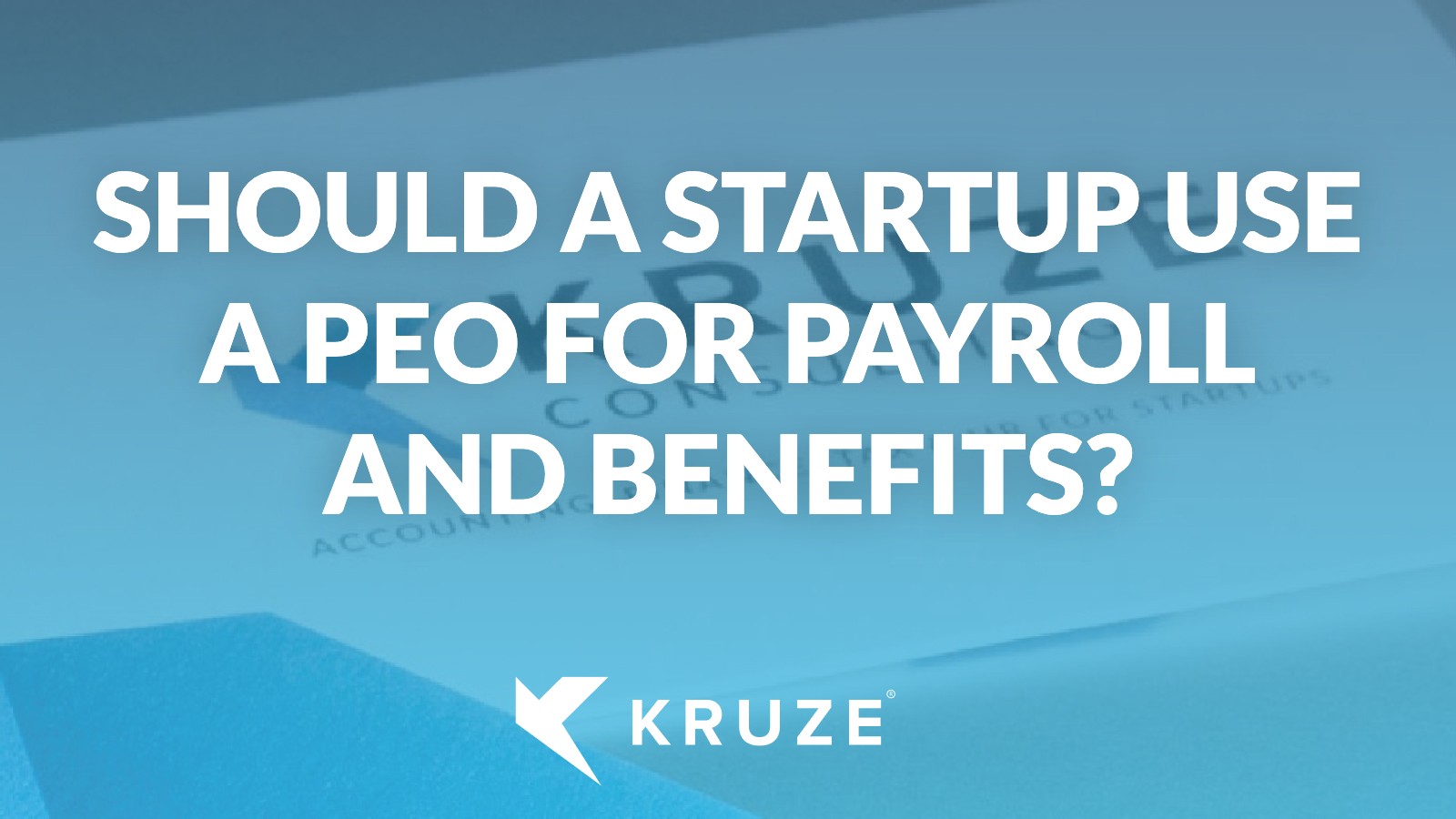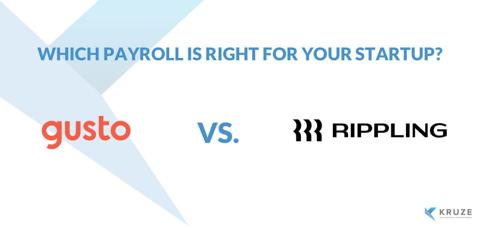
A professional employer organization (PEO) helps businesses, typically small and mid-sized companies, manage human resources, payroll, employee benefits, and more.
Startups benefit from PEOs because they reduce administrative workloads, and they can help early-stage companies reduce expenses. As more small businesses employ remote workers, navigating the constantly shifting state and local employment regulations become increasingly difficult and time-consuming. A PEO helps your startup avoid potential issues.
PEOs offer large company benefits to small businesses
PEOs provide full-service human resource outsourcing to startup companies. Often called a co-employer, a PEO can take on most of your HR functions and typically adds all of your employees to the PEO’s payroll. That allows economies of scale that are an asset in providing benefits. Most insurance companies view PEOs as large companies, giving PEOs access to better and often less expensive insurance plans.
Co-employment arrangements preserve the employer status of client companies. However, the PEO also becomes the employer of record to the client company’s employees, and is legally able to perform tasks associated with employment, and handle sensitive payroll and benefits information. For example, employees will receive annual wage and tax statements (IRS Form W-2) from the PEO, not the client company.
What do PEOs do?
PEOs perform various employee administration tasks, but there are differences between providers, so founders should research each PEO they’re considering and compare their services. In general, PEOs offer assistance with:
- Payroll services. PEOs process payroll and in some cases can pay local, state or federal employment taxes.
- Benefits. Through a co-employment agreement, PEOs can provide access to high-quality and more affordable health, dental, and vision insurance that would typically only be available to large employers, helping your startup compete for the best talent. The PEO will usually handle employee enrollment and claim processing. They can also provide short- and long-term disability insurance, life insurance, and retirement plans such as 401(k)s.
- Compliance. PEO have compliance specialists who help protect your business by assisting you with various HR regulations in different locations, unemployment insurance, reporting requirements, workers’ compensation, and other laws and requirements. In addition, PEOs may offer training programs for employees to help you avoid HR issues and limit claims.
A comprehensive HR solution
As a small company grows, supporting your employees becomes increasingly important. A PEO provides your company with high-quality HR services and benefits, while improving costs and streamlining processes. You’re free to focus on developing your business, with the flip side being possibly slightly higher overall cost and less flexibility on the particular benefits you offer. This is often a great tradeoff for high-growth startups that are adding a ton of employees across state lines. Our current favorite PEO providers are Trinet and JustWorks, which we review in more detail on our startup payroll provider page.
If you have questions about PEOs or how they can work with your startup, please contact us.
Why are PEOs more expensive than payroll services for startups?
This is a question that a lot of startups have, because they’re being careful with their expenses. There’s a really good reason that PEOs cost more, because a PEO, Professional Employer Organization, doesn’t just handle payroll. They do handle payroll just like a normal payroll service would, but they also supply you with medical benefits, and other kinds of benefits, plus HR Services. Plus they do some state and local tax help.
When you’re comparing that to just regular payroll service, you have to include the cost of those benefits. One of the major selling points of PEOs is that they pool employees across a lot of companies and they’re able to negotiate harder for things like health care benefits. And they do charge higher fees because they’re offering more services.
Who uses payroll services?
Payroll services make sense for newer startups that aren’t necessarily ready to offer benefits. There are a lot of startups that are just getting going. They just want to be able to offer payroll because they need to hire people. They’re not financially in a place where they can offer benefits yet, or they just want to run normal payroll.
At Kruze we use a payroll service and then work with an independent insurance broker who helps us find the best insurance deals across the states, because we are a totally remote organization and hire people across the United States and the world.
And so I like the fact that we can work with an insurance broker and pick our own benefits. And we plugged that into Rippling and it’s very easy. So we don’t pay for the PEO premium options.
Another question we get on the difference between payroll providers, and PEOs is who will do your state tax registrations. You should be aware that’s something your CPA firm, like Kruze, will do for you. So you don’t have to hire a PEO to handle that if you don’t want to. Your CPA firm can do it. It’s actually very cost effective.
The Biggest Drawback of Using a PEO for Payroll and Benefits
PEOs can be very helpful to startup companies to handle payroll and benefits. PEOs are organizations that provide a range of services through outsourcing human resources, meaning they act as a co-employer in your company. But once you establish a relationship with a PEO, it can be very time-consuming and difficult to cancel your contract or change to another PEO.
The PEO is now the employer of record. Although it is your startup, technically your employees work directly for the PEO, and the PEO signs their paychecks and submits the payroll taxes. That’s not something that can be switched off easily. You should also remember thatt, after a couple of years, your PEO may bump up their renewal rates to a fee that is much higher than when you first signed up. So before you switch to a PEO you should understand that you may be locked in for a few years. As for your renewal rates, you can talk to your PEO representative and ask if you can get a guaranteed rate for a set period, like two or three years.
PEO Multi-Year Price Protection
When your startup uses a professional employer organization (PEO), your employees actually become employees of the PEO. That way the PEO can use economies of scale to negotiate better benefits at lower prices. That’s a big part of the PEO’s value proposition. However, sometimes PEOs increase prices pretty drastically in the second or third year, because it’s time-consuming for the startup to locate another provider and switch to that provider. We recommend that our clients negotiate with their PEOs for multi-year price protection, so they don’t get surprised by a big increase.
Choose the one that works best for your startup
You have two good choices. A payroll service can be more cost-effective and offer you more control, but you will have to provide more oversight and perhaps get some services on an ala carte basis. Or do you prefer to contract with a PEO and not really have to think about it, but pay more. That’s really kind of the decision you’re making as a startup.
A lot of times it just depends on how much money you have and how strong a fundraiser the company is, and how hot the market is, and other factors. Right now, we are seeing PEOs take market share, and that’s a trend that a lot of startups are embracing. If you have questions about PEOs, payroll companies, or other services that your startup may need, contact us. We’ll be happy to help you.












